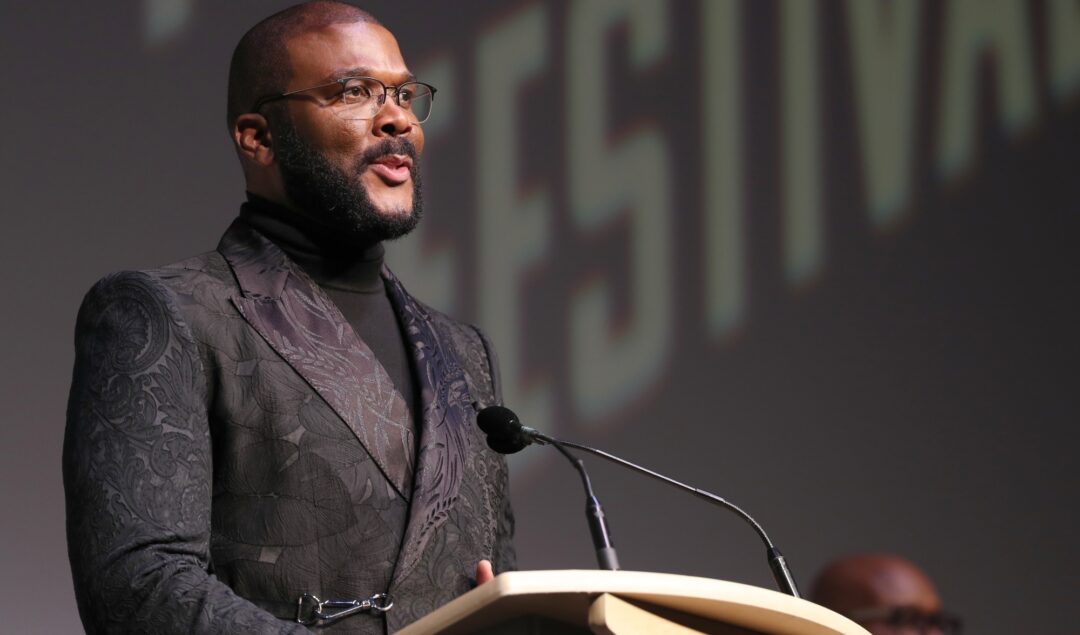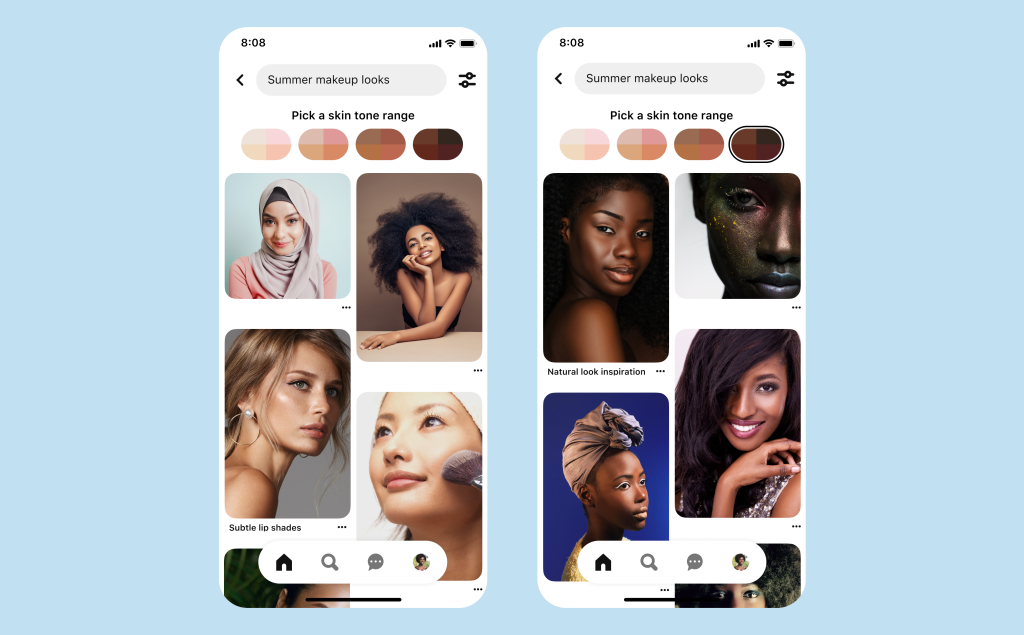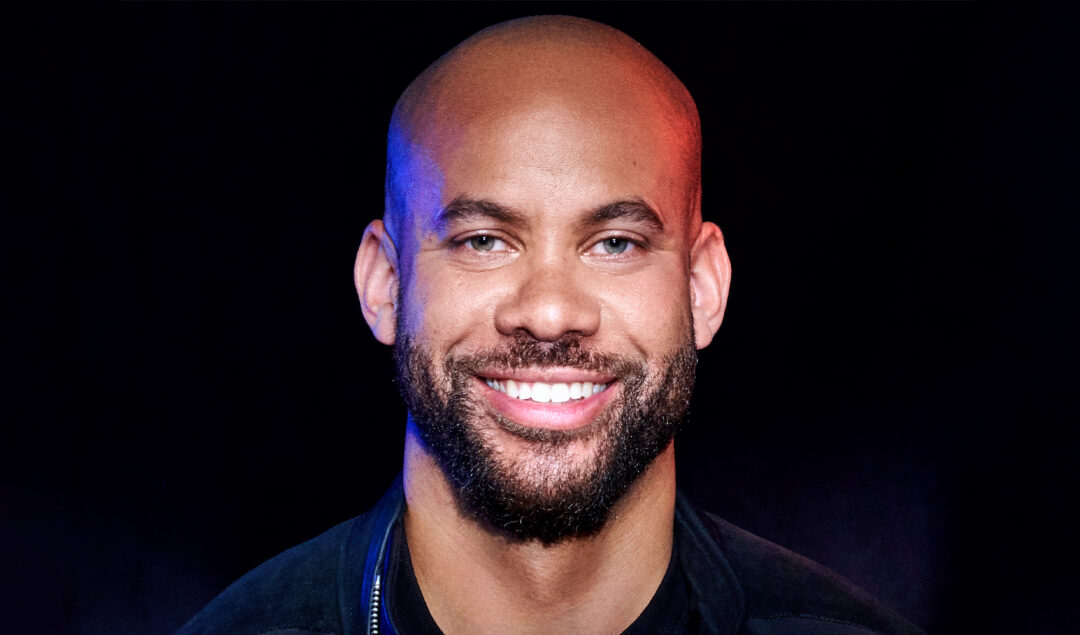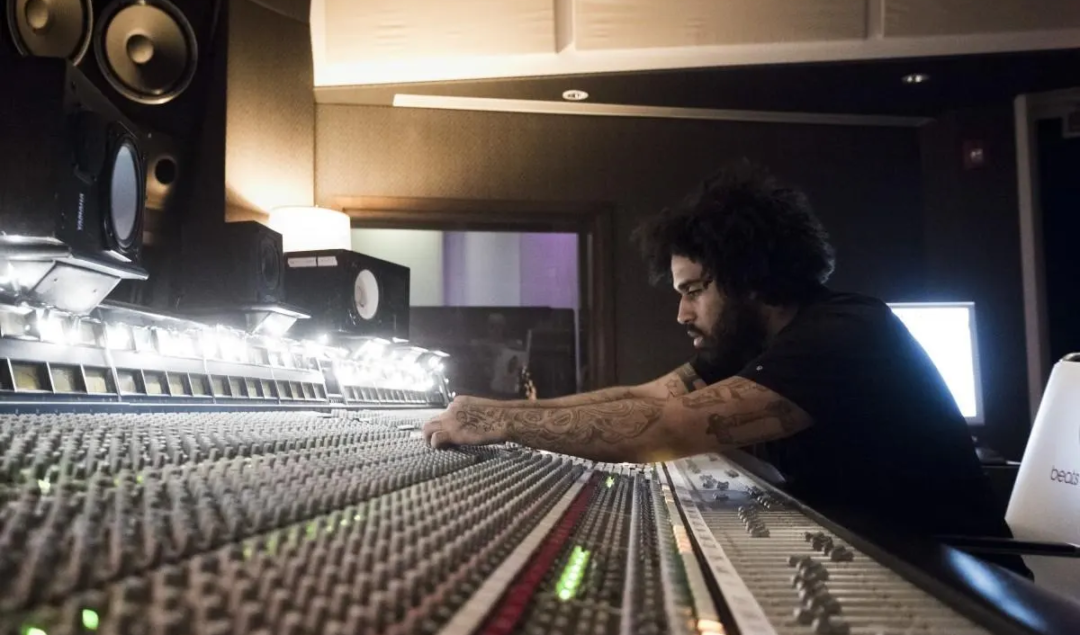In honor of this year’s Black History Month theme, “African Americans and the Arts,” we are exploring the intersection of the Black arts and tech. We have curated a listicle of films that showcase how Black innovators have merged their artistic vision with technological processes. From the untold stories of African-American mathematicians in NASA to the futuristic visions of Afrofuturism, these films span a broad spectrum, reflecting the diversity and richness of Black contributions to technology. Hidden Figures This film tells the true story of three African American women working at
John Henry, a 31-year-old Dominican-American entrepreneur, is revolutionizing the auto insurance market with his innovative company, LOOP. The B Corp car insurance firm uses predictive models and real-time driving data to create more equitable rates, particularly for underserved communities. LOOP Established in 2020, LOOP has made remarkable strides in a short period. By 2023, the company boasted over 10,000 members and reported $26.7 million in Direct Written Premiums, reflecting a staggering 230% growth yearly. This success has been marked by over $30 million in venture capital from notable investors like
Filmmaker and entrepreneur Tyler Perry recently halted an $800 million expansion of his Atlanta-based studio due to the advancements in AI. Perry’s pause on expanding his 330-acre studio, which would have added 12 soundstages, underscores the disruptive potential of AI in the entertainment industry. AI’s Capabilities During an interview with The Hollywood Reporter, Perry expressed his awe at OpenAI’s Sora’s capabilities in particular. Sora can generate vivid and complex video scenes merely from text descriptions, potentially eliminating the need for location shooting or set building. “Being told it can do
Pinterest’s use of artificial intelligence (AI)-powered inclusive filters is proving popular among its Gen Z users. Pinterest Using AI Pinterest is a digital inspiration space with nearly 500 million users that aims to enhance user satisfaction with inclusive AI. The inception of AI-powered filters in 2018 marked a significant stride for Pinterest. These filters, designed for skin tone, body type, and hair patterns, enable users to find images resonating with their personal features. According to Business of Fashion, results show that in 2023 alone, searches utilizing hair-pattern filters surged by 41%,
Kobie Fuller, a general partner at Upfront Ventures, has a new initiative to highlight the contributions of Black inventors through the power of artificial intelligence (AI). Meet Kobie Fuller Fuller’s latest project, an AI chatbot, is a tribute to the often-underappreciated achievements of Black innovators whose work has significantly shaped modern society. Fuller’s motivation extends beyond simply creating an educational tool. His vision is to use AI as a means of communication and knowledge sharing, particularly in celebrating Black history. This approach reflects his commitment to amplifying Black voices and empowering
Derek “MixedByAli” Ali, a multi-Grammy Award-winning audio engineer, has recently raised $7.5 million for his startup, EngineEars. Ali’s journey in music has been marked by his work with influential artists like Roddy Ricch, Donald Glover, and Kendrick Lamar. Ali’s Journey To Music Ali’s passion for music emerged from having little to no formal musical training and growing up with attention deficit hyperactivity disorder (ADHD). He found his calling in high school by experimenting with technology and music, leading to his early experiments with custom ringtones that laid the groundwork for a
A recent development in the tech industry is the quiz game “Are You Blacker than ChatGPT?” created by creative ad agency McKinney. Are You Blacker Than ChatGPT? This interactive game challenges players to test their knowledge of Black culture against ChatGPT, OpenAI’s language model. The game’s inception traces back to a creative brainstorm at McKinney, led by copywriter Meghan Woods and a Black-led team. It took a year to develop, with the underlying goal of pointing out ChatGPT’s limitations in grasping the nuances of Black culture. The deficiency stems from
Google’s latest AI tool, Gemini, designed to create diverse images, has been temporarily stopped after sparking controversy over its depiction of historical figures. AI Tool Gemini Gemini was made to create realistic images based on users’ descriptions in a similar manner to OpenAI’s ChatGPT. Like other models, it is trained not to respond to dangerous or hateful prompts and to introduce diversity into its outputs. However, users reported that Gemini, in its attempt to avoid racial bias, often generated images with historically inaccurate representations of gender and ethnicity. For example,
The estate of Donna Summer, the legendary Queen of Disco, has accused rapper Kanye “Ye” West of copyright infringement amid AI concerns. Allegations Against West This accusation centers around a song from West’s recent collaborative album with Ty Dolla $ign, “Vultures 1.” The estate claims that West sought permission to use Summer’s iconic track “I Feel Love” but was denied. Despite this, the album’s song “Good (Don’t Die)” features lyrics and melodies eerily reminiscent of Summer’s classic. The song includes the lyric, “Oh, I’m alive, I’m alive, I’m alive, oh,” along with
Black-owned AI ed-tech company Skilldora has joined forces with African American billionaire Dr. Michael V. Roberts to offer its platform and AI Instructor-led courses to students at Historically Black Colleges and Universities (HBCUs). Roberts is the founder of Roberts Innovation Group, which aims to break barriers and pave the way for Black, Indigenous, and people of color (BIPOC) communities to succeed in the tech industry. Skilldora Skilldora, founded by DeMario and Dawn Nicole McIlwain, is an African-American-owned accredited e-learning provider known for its innovative platform and app. The platform aims to













